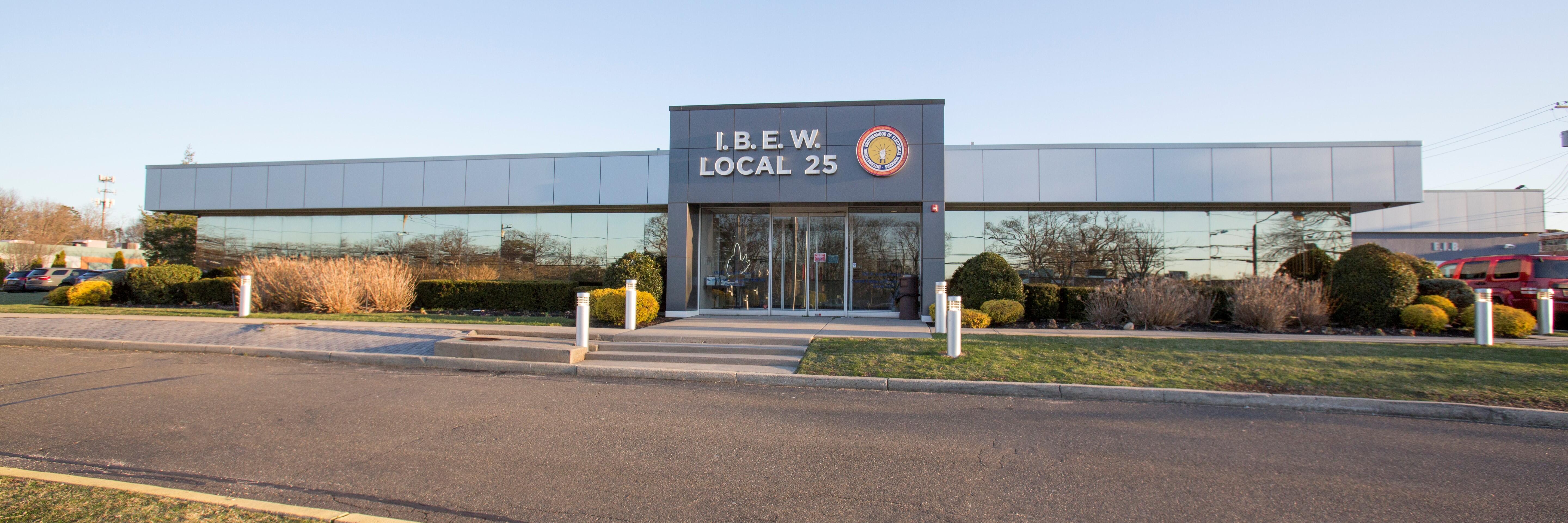Kevin B. Casey, Business Manager
/node/9556
International Secretary-Treasurer Paul Noble celebrates IBEW members' holiday generosity through food drives, toy collections, and community service, noting that charitable giving is especially critical this year as economic challenges including job cuts, government shutdown effects, and rising costs impact more American families.
/node/9557
IBEW locals across North America demonstrate union values through holiday charity work, including Ann Arbor Local 252's 25-year toy drive for children's hospital patients, food drives at Asbury Park Local 400 and Cheyenne Local 415, and Savannah Local 508's annual gift-wrapping party that provides presents and grocery cards to families in need.
/node/9558
Tacoma Local 76's Sisters of 76 Women's Committee, launched by journeyman Lisa Forsberg, strengthens organizing and member support through conduit workshops, clothing banks, try-a-trade events for high school students, and Habitat for Humanity projects, demonstrating how affinity groups help diversify union membership and improve outreach to underserved communities.
/node/9559
IBEW/NECA Electrical Connection contractor Guarantee Electrical won three AGC Keystone Awards including Specialty Contractor of the Year for excellence on projects including the USDA Food Safety Lab and Siteman Cancer Center, while PayneCrest Electric earned honors for transforming office space into Clayco's St. Louis headquarters at the November construction awards gala.
/node/9565
Lansing Local 665 helped pass ordinance amendment using weighted scoring system for public construction projects, prioritizing quality training, safety programs, and worker benefits over simply lowest cost.
/node/9564
Over 200 workers at nuclear manufacturer Framatome voted 118-64 to join Seattle Local 77 after fast-paced organizing campaign focused on better benefits, wages, and working conditions.
/node/9551
New York agreed to delay implementation of the All-Electric Buildings Act, which bans gas hookups in new buildings, pending an appellate court ruling on a lawsuit by gas and construction trade groups. The mandate was scheduled to begin January 1, 2026 for buildings under seven stories. The delay follows concerns about construction costs, housing affordability, and NYISO reports warning of potential grid reliability issues in downstate regions within five years.
/node/9552
Governor Hochul faces criticism from environmental groups over recent energy decisions prioritizing affordability ahead of the 2026 midterm elections. Her "all-of-the-above" energy approach includes approving the NESE pipeline and delaying the all-electric buildings mandate, citing concerns about energy costs, grid reliability, and potential shortages downstate. Critics argue these moves contradict the state's Climate Leadership and Community Protection Act goals.
/node/9549
NYS DEC reversed three previous denials to approve the $1 billion Northeast Supply Enhancement pipeline, which will run 23 miles underwater from Pennsylvania through New Jersey to Queens, providing natural gas capacity for 2.3 million homes in NYC, Long Island, and Staten Island. The approval marks New York's first new gas pipeline in over a decade and its largest fossil fuel expansion since the 2019 Climate Act, drawing both support from business groups citing affordability and opposition from environmental advocates citing climate concerns.
/node/9545
Fourth District International Vice President Austin Keyser joins President Cooper and Secretary-Treasurer Noble to discuss IBEW's record-breaking membership growth in 2024-25. Keyser explains how his district led the way with innovative organizing strategies and intensive efforts that drove unprecedented expansion across the union.
- ‹ previous
- 7 of 170
- next ›































